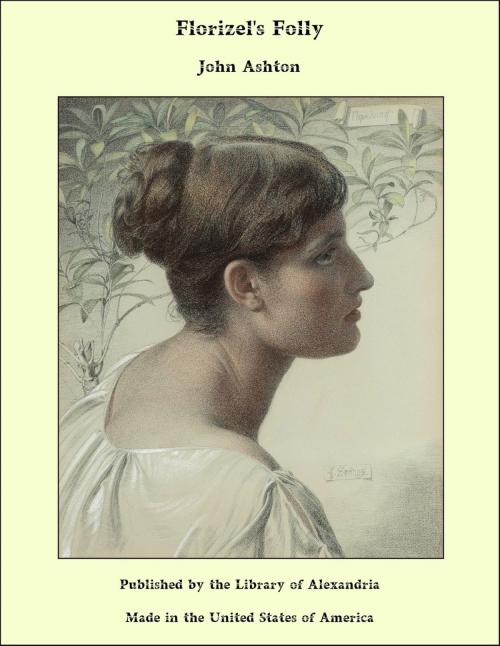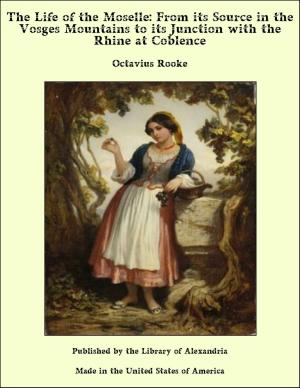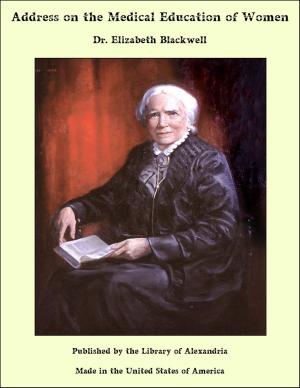| Author: | John Ashton | ISBN: | 9781465603876 |
| Publisher: | Library of Alexandria | Publication: | March 8, 2015 |
| Imprint: | Language: | English |
| Author: | John Ashton |
| ISBN: | 9781465603876 |
| Publisher: | Library of Alexandria |
| Publication: | March 8, 2015 |
| Imprint: | |
| Language: | English |
'From the surnames of some of the most ancient families in the town of Brighthelmston, the phrase and pronunciation of the old natives, and some peculiar customs there, it has, with great probability, been conjectured, that the town had, at some distant period, received a colony of Flemings. This might have happened soon after the Conquest, for we read of a great inundation of the sea, about that time, in Flanders; and such of the inhabitants of the deluged country as wanted new habitations could not have anywhere applied with a greater likelihood of success than in England. Matilda, Queen of William the Conqueror, was their countrywoman, being daughter to Baldwin, Earl of Flanders. At her request, William de Warren, her son-in-law, would have readily given a band of those distrest emigrants a settlement on one of his numerous manors; and, as they had been inhabitants of the maritime part of Flanders, and lived chiefly by fishing, Brighthelmston was the most desirable situation for them within the territory of that nobleman. 'The Flemings, thus settled at Brighthelmston, were led, by habit and situation, to direct their chief attention to the fishery of the Channel. Besides obtaining a plentiful supply of fresh fish of the best kind and quality for themselves and their inland neighbours, they, every season, cured a great number of herrings, and exported them to several parts of the Continent, where the abstinence of Lent, vigils, and other meagre days, insured them a constant market. The inhabitants of the town, now classed intolandsmen and seamen, or mariners, profited respectively by the advantages of their situation. The former, whose dwellings covered the Cliff, and part of the gentle acclivity behind it, drew health and competence from a fertile soil. The latter, residing in two streets under the Cliff, found as bountiful a source of subsistence and profit in the bosom of the sea. In process of time the mariners and their families had increased so far as to compose more than two-thirds of the population of the town, and had a proportionate share of the offices and internal regulation of the parish.'
'From the surnames of some of the most ancient families in the town of Brighthelmston, the phrase and pronunciation of the old natives, and some peculiar customs there, it has, with great probability, been conjectured, that the town had, at some distant period, received a colony of Flemings. This might have happened soon after the Conquest, for we read of a great inundation of the sea, about that time, in Flanders; and such of the inhabitants of the deluged country as wanted new habitations could not have anywhere applied with a greater likelihood of success than in England. Matilda, Queen of William the Conqueror, was their countrywoman, being daughter to Baldwin, Earl of Flanders. At her request, William de Warren, her son-in-law, would have readily given a band of those distrest emigrants a settlement on one of his numerous manors; and, as they had been inhabitants of the maritime part of Flanders, and lived chiefly by fishing, Brighthelmston was the most desirable situation for them within the territory of that nobleman. 'The Flemings, thus settled at Brighthelmston, were led, by habit and situation, to direct their chief attention to the fishery of the Channel. Besides obtaining a plentiful supply of fresh fish of the best kind and quality for themselves and their inland neighbours, they, every season, cured a great number of herrings, and exported them to several parts of the Continent, where the abstinence of Lent, vigils, and other meagre days, insured them a constant market. The inhabitants of the town, now classed intolandsmen and seamen, or mariners, profited respectively by the advantages of their situation. The former, whose dwellings covered the Cliff, and part of the gentle acclivity behind it, drew health and competence from a fertile soil. The latter, residing in two streets under the Cliff, found as bountiful a source of subsistence and profit in the bosom of the sea. In process of time the mariners and their families had increased so far as to compose more than two-thirds of the population of the town, and had a proportionate share of the offices and internal regulation of the parish.'















